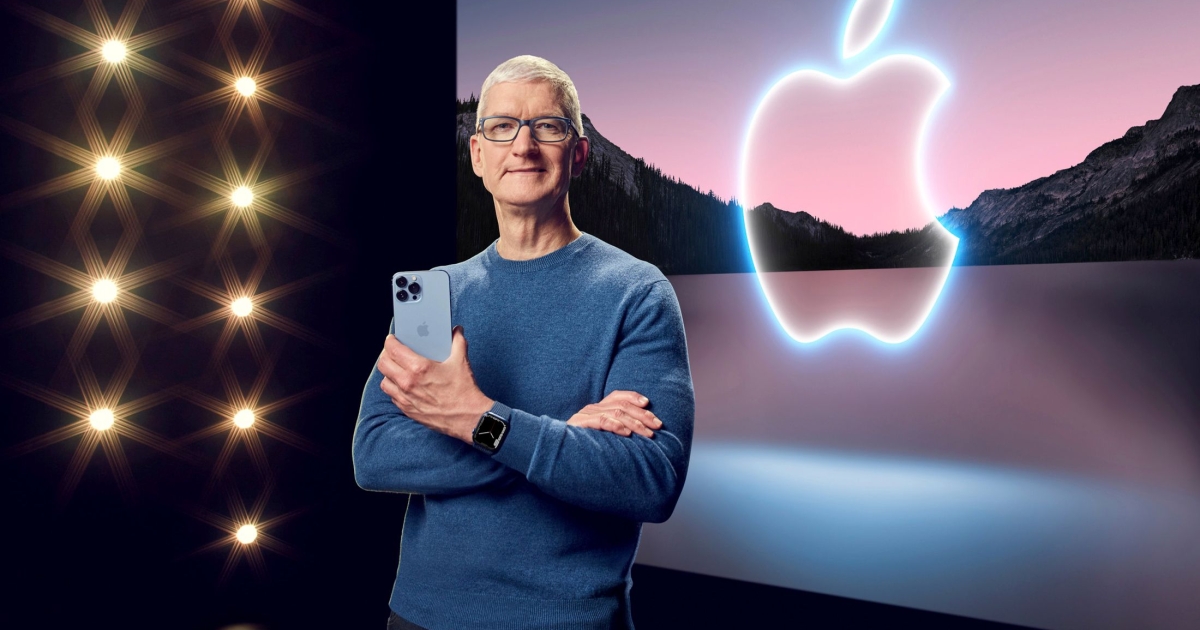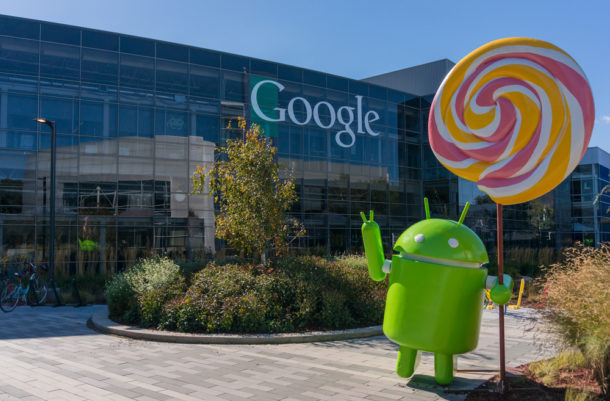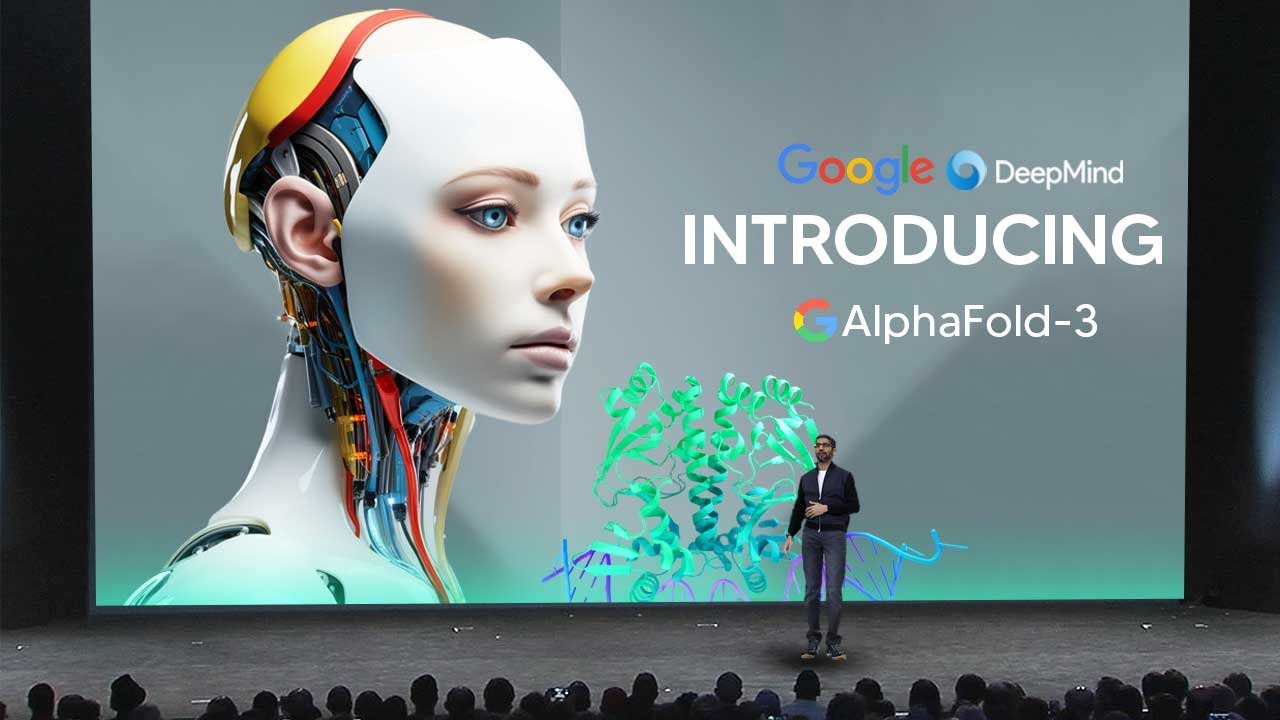Apple, typically dependable for smart, finely crafted advertisements, fell short with its latest one, which portrays a stack of creative tools and analog objects being physically crushed into the shape of an iPad
Since then, Apple has apologized for the advertisement and cancelled its television broadcast. Apple’s vice president of marketing, Tor Myhren, expressed regret to Ad Age regarding the low quality of this video. Apple declined to provide TechCrunch with any additional comments.
However, this provoked an antagonistic and visceral response from many, including myself, and we should discuss why. It’s not simply that we are witnessing objects being reduced in size.
Innumerable video channels are devoted to destroying commonplace objects by crushing, burning, or otherwise igniting them. Furthermore, it is common knowledge that incidents of this nature transpire daily at recycling centres and transfer stations. That is not the case.
The material could be more valuable
Undoubtedly, a piano has some value. However, we frequently observe them being blasted up in action films and are not bothered by it. Even though I appreciate pianos, we could benefit from a few unused baby grands.
Identical to the rest: It is primarily trash that could be purchased for a few dollars on Craigslist or for free at a landfill. (Possibly not the station for revising.)
The issue does not lie with the video; it competes with those who produced and filmed it. The message, not the media, is the source of the issue.
We know the advertisement’s apparent message: This is possible on an iPad. Great. We could have done it on the previous iPad, but this one is thinner (which no one requested; cases no longer fit) and a fictitious percentage better.
We all recognize, however,—dissimilar to Apple ad executives, we are grounded in reality—that the objects being pulverized here symbolize the material, the tangible, and the actual. Additionally, the genuine possesses worth. Apple believes it can shatter that value into yet another black mirror.
This kind of belief I find abhorrent. It was to a significant number of others as well.
The act of destroying a piano in a Mythbusters episode or music video is, in fact, an act of creation. Recklessly discarding an item such as a piano, monitor, paint can, or percussion kit is, at the very least, an act of waste.
However, Apple is eradicating these to persuade you that you don’t require them; all you need is the company’s tiny device, which is capable of performing the functions above and more; there’s no need for cumbersome components such as brushes, mixing stations, keys, strings, or buttons.
We are all experiencing the consequences of the media’s complete and pervasive transition to digital and constant online presence. Indeed, it is excellent in numerous respects! Technology is extraordinarily empowering.
In contrast, the digital transformation can also be perceived as detrimental and coercive in other, equally tangible respects; it resembles a vision of the future endorsed by technophile billionaires, where each child possesses an AI companion and can master the virtual guitar via a frigid glass interface.
Is your offspring a music enthusiast? A harp is unnecessary; dispose of it in the landfill. An iPad is sufficient. Would they enjoy painting? The Apple Pencil is equivalent in quality to pens, watercolours, and oils. Materials? Books? Avoid making us chuckle! Eliminate them. Paper has no value. Utilize a different interface.
Indeed, why not utilize Apple Vision Pro to read even more illegitimate papers?
Apple appears to have forgotten that the counterfeit versions of those items derive their value from the objects that exist in the real world, precisely the ones Apple destroyed.
Comparing a virtual guitar to an actual guitar is akin to attempting to substitute the author of a book.
However, there is still the possibility of appreciating both for distinct rationales. However, the Apple advertisement conveys that the future it envisions lacks tangible instruments, paint vials, paper books, and dials to turn is absent.
That is the future that the company has been attempting to sell us for years; it had simply not stated it so bluntly before.
Have faith in someone who self-identifies as such. Apple makes its current state and aspirations for the future abundantly apparent. You’re welcome to that future if it fails to offend you.



